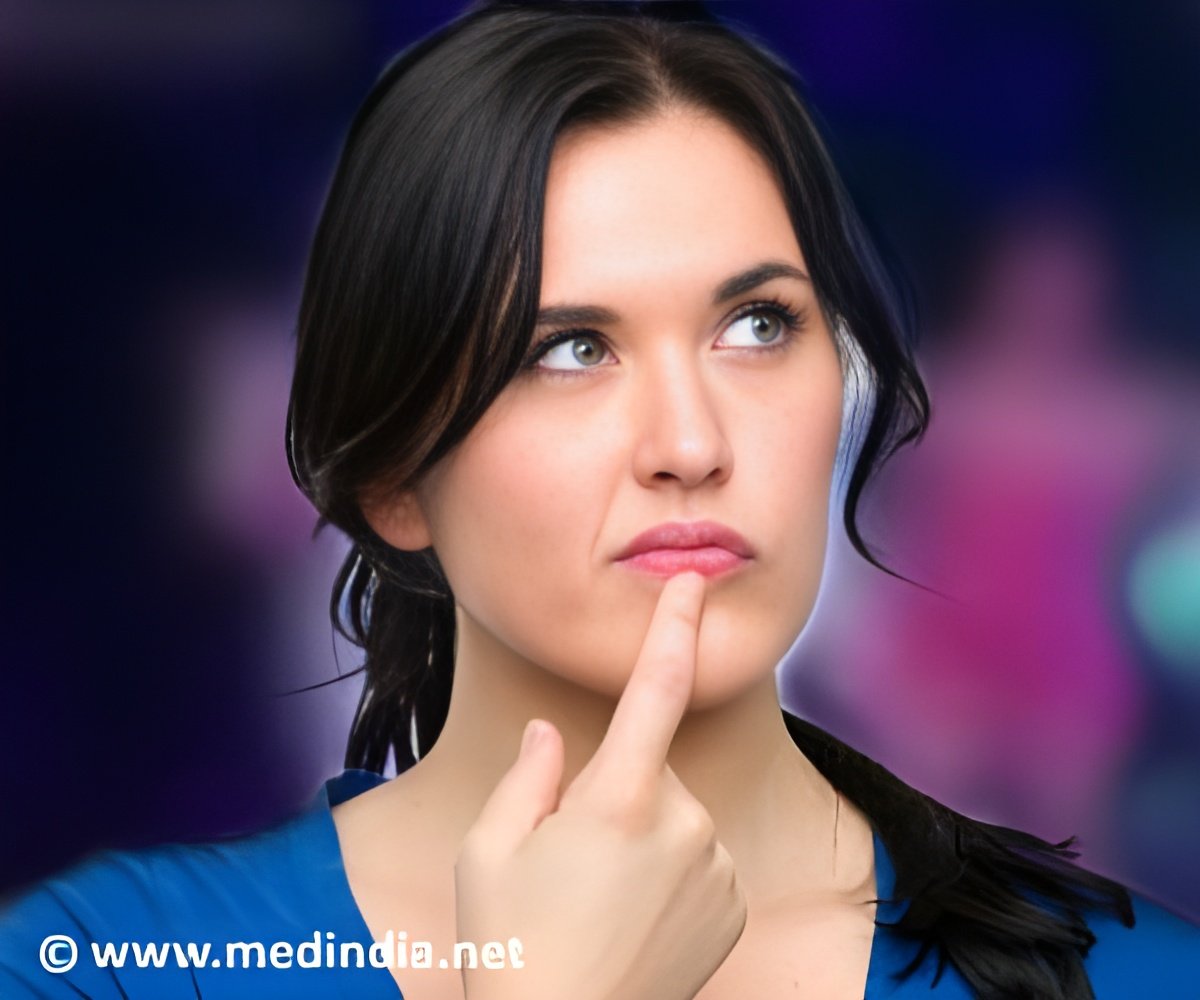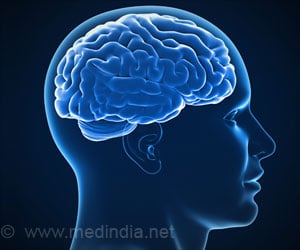Emotive images are more powerful than emotive words. Researchers hypothesize that emotionally charged pictures may speak more directly to us than words.

TOP INSIGHT
It appears that a single picture is worth more than a word, which means emotionally charged pictures may speak more directly to us than words.
"We wanted to compare two major kinds of emotional stimuli that people encounter in their life: words and pictures, including those of emotional faces and evocative images of objects," says Winkielman. "We also tested if it matters whether these stimuli are presented very briefly or for a longer period of time."
The researchers asked undergraduates to classify objects, faces, or words on a computer screen. While showing a series of emotionally neutral images in quick succession, the researchers included brief flashes of faces, pictures or words that were either positive or negative. After the task, the researchers provided a soft drink and allowed the participants to drink as much as they liked.
The first experiment compared the effect of emotive words, such as "panda" (positive) and "knife" (negative), with that of happy (positive) and angry (negative) facial expressions. The second compared the effect of emotive words with images of emotionally charged objects, such as a gun or a cute dog.
As in previous studies, participants drank more after seeing happy faces than after seeing angry faces. Participants also drank more after seeing positive objects than after seeing negative objects. In contrast, positive words did not increase consumption.
Surprisingly, nearly invisible images - shown for only 10 milliseconds - had the same effect as clearly noticeable images shown for 200 milliseconds.
Figuring out why emotive images are more powerful than emotive words is the researchers’ next task. They hypothesize that emotionally charged pictures may speak more directly to us than words, which can be nuanced and ambiguous, and may require more thought before they affect us.
The results raise many questions: "We know from our other research that words in sentences are emotionally impactful, but why?" asks Winkielman. "Is it because they can conjure up images?"
For now, at least, it appears that a single picture is worth more than a word. More than a thousand words? That’s yet to be discovered.
Source-Eurekalert
 MEDINDIA
MEDINDIA




 Email
Email





